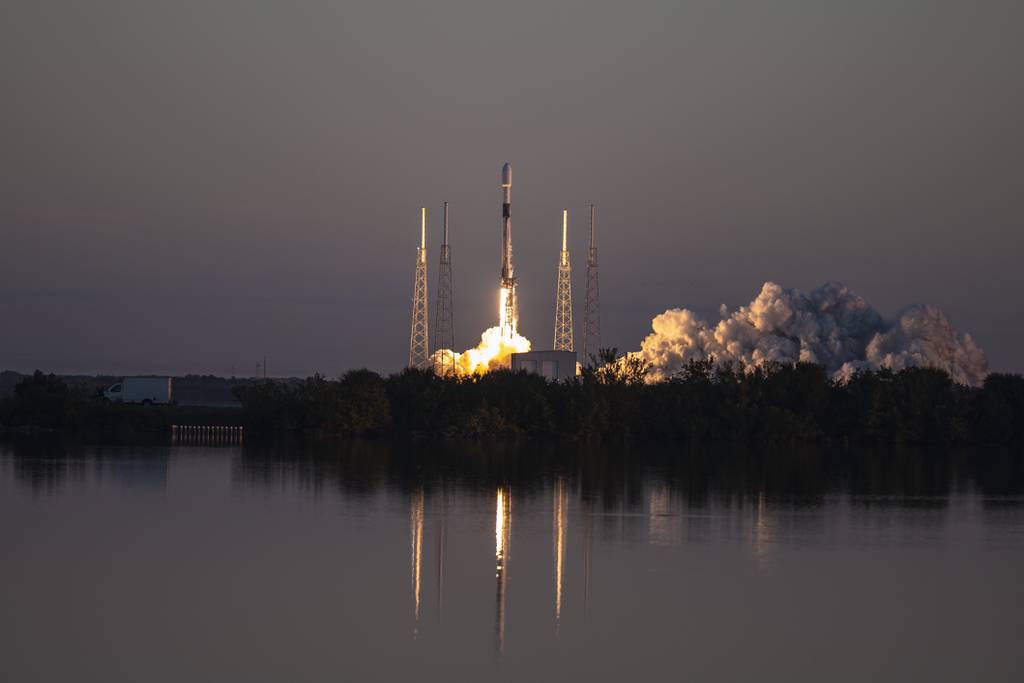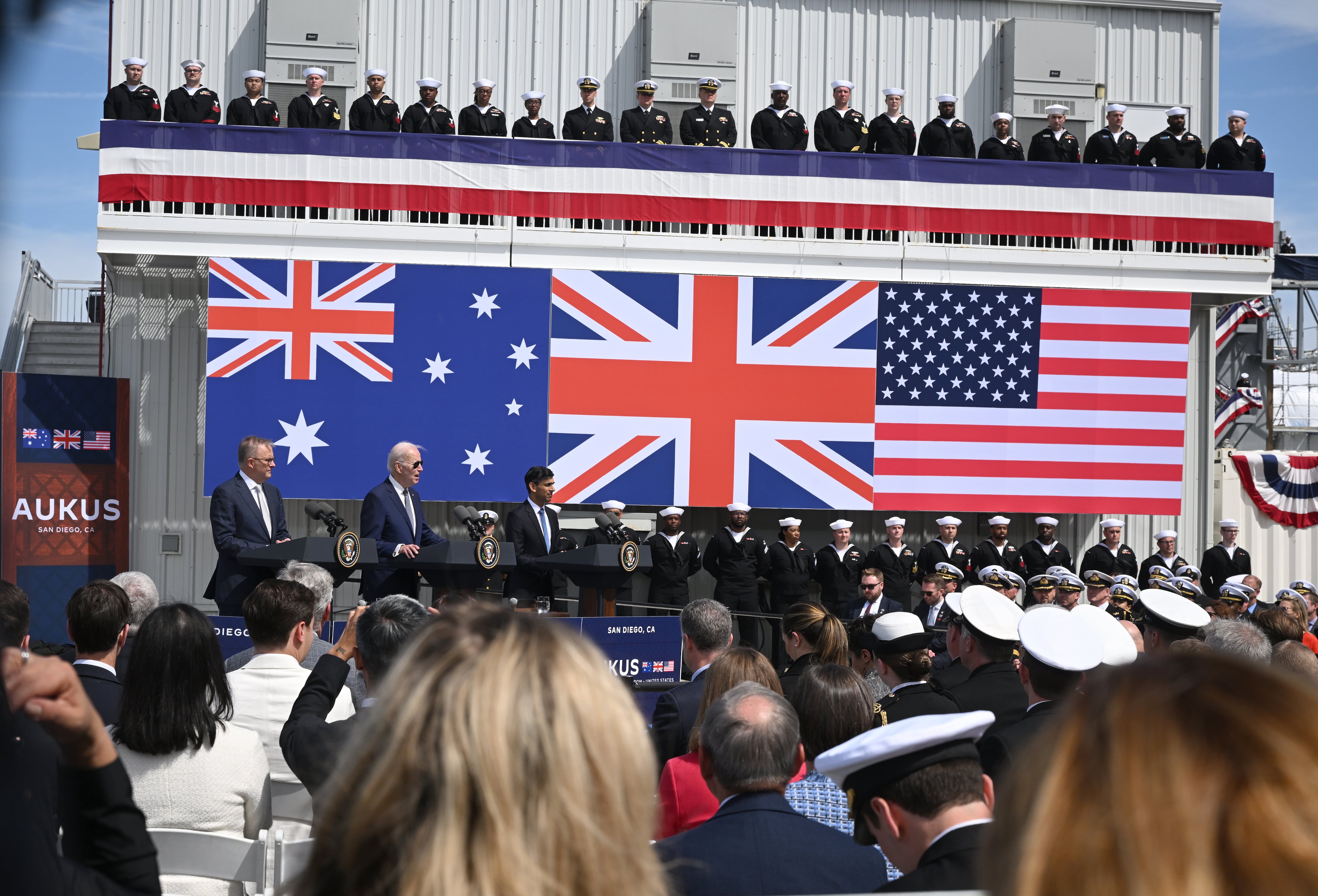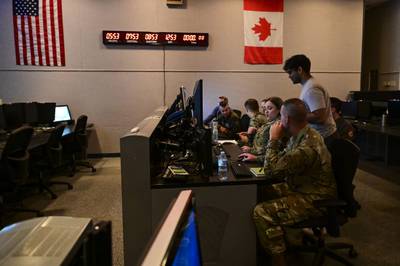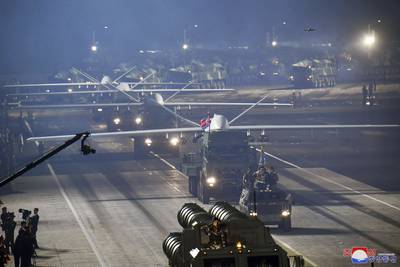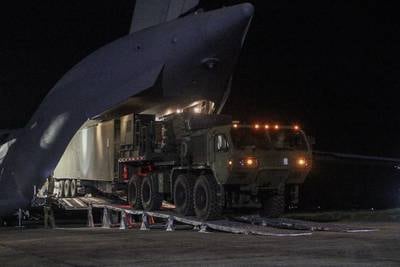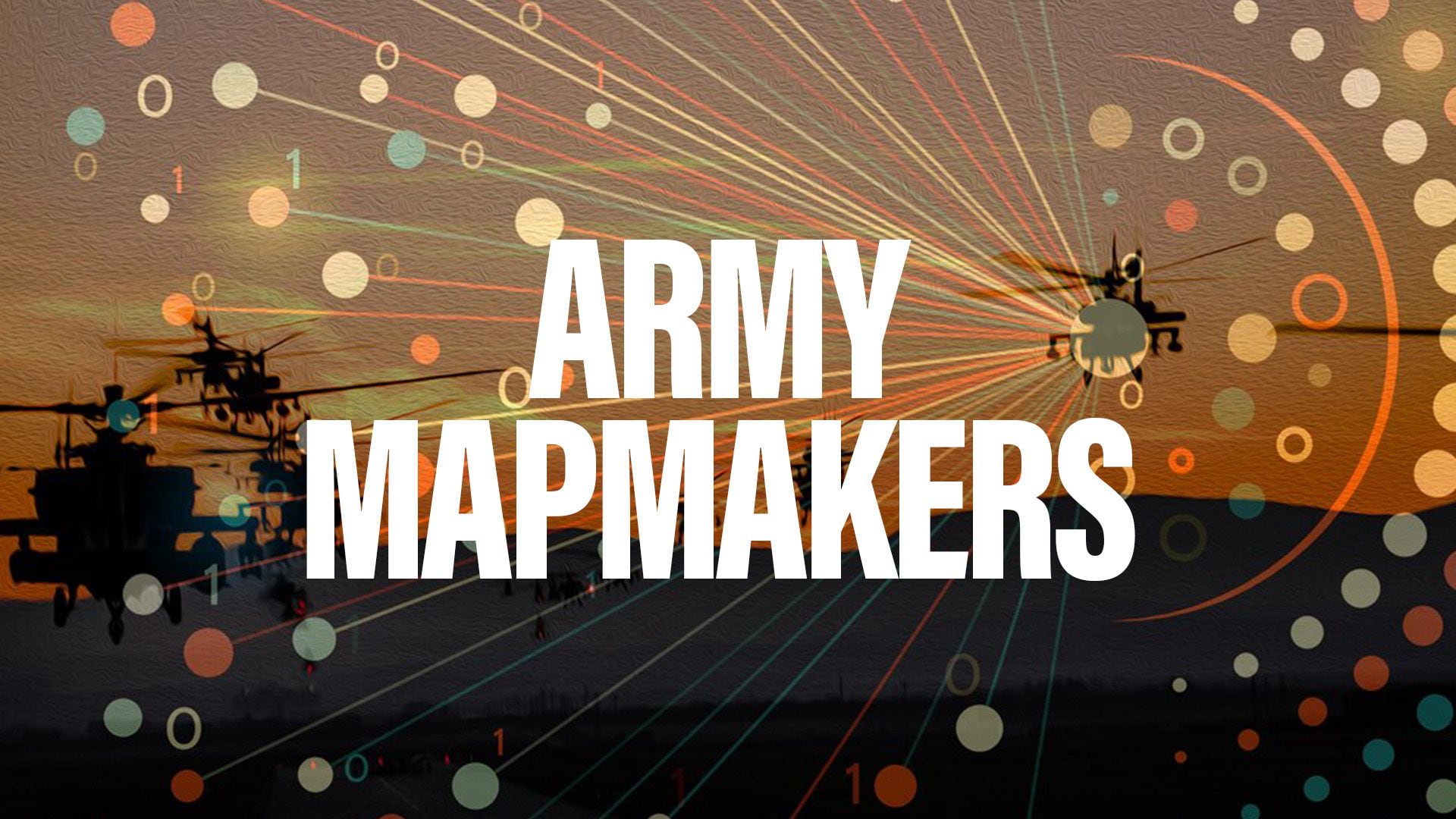WASHINGTON — The Space Force is seeking bids for the next phase of national security launches, solidifying its push to diversify its pool of military launch service providers.
Space Systems Command, which executes the majority of the Space Force’s acquisition programs, announced the National Security Space Launch request for proposals Oct. 5.
“The resiliency and affordability of this approach will benefit our growing domestic launch industry and provide the capability, supply chain stability, capacity, and launch efficiency needed for our NSSL missions,” Col. Doug Pentecost, program executive officer for assured access to space, said in a statement. “This transformative strategy ensures our ability to secure our nation’s interests by creating a more resilient space architecture through proliferation, disaggregation, and orbital diversity.”
After years of relying only on United Launch Alliance to fly its satellites, the Space Force in 2020 opened its launch program to competition. That year, it chose SpaceX to launch 40% of its missions between fiscal 2022 and 2027 and ULA to launch the remaining 60%.
The ordering for those missions ends after fiscal 2024, and the Phase 3 solicitation will cover the program’s next bulk buy. The service issued multiple draft solicitations earlier this year and garnered feedback from companies before releasing the final RFP. In that document, the service pursues a two-lane approach to procuring launch services, a departure from its Phase 2 contract.
Lane 1 is for commercial-like missions and small launches and will have room for an unlimited number of companies who won’t have to meet all certification requirements. The strategy also will allow new providers to on-ramp to Lane 1 as they demonstrate rockets that meet the Space Force’s requirements.
Lane 2 is reserved for more demanding missions with more challenging requirements, similar to the current contract shared by ULA and SpaceX. While an early draft limited competition to two providers, a later version opened it to three companies and the final solicitation solidifies that approach.
“As we continue to drive speed in our acquisitions, NSSL Phase 3 is critical to our ability to put new space capabilities on orbit quickly,” Assistant Secretary of the Air Force for Space Acquisition and Integration Frank Calvelli said in the statement. “I am extremely proud of the SSC team and the innovative work they have done to define a new dual-lane approach to launch, and the addition of a third launch service provider in Lane 2.”
The Space Force anticipates awarding contracts for Lane 1 next spring and Lane 2 next fall.
The Lane 2 landscape includes incumbents SpaceX and ULA as well as other companies developing launch vehicles that could be approved to fly national security missions in the coming years. That includes Blue Origin, owned by billionaire Jeff Bezos, whose New Glenn rocket is in the midst of the certification process.
Courtney Albon is C4ISRNET’s space and emerging technology reporter. She has covered the U.S. military since 2012, with a focus on the Air Force and Space Force. She has reported on some of the Defense Department’s most significant acquisition, budget and policy challenges.
